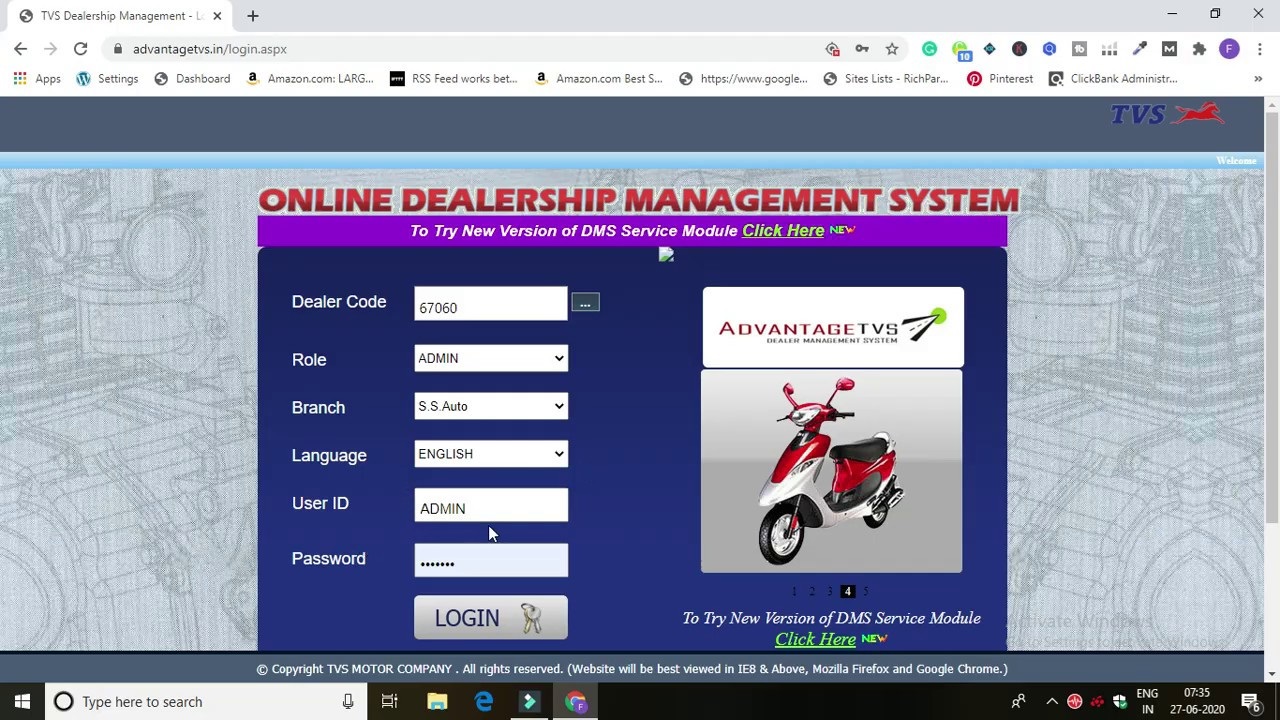
As people transition towards renewable energy, the importance of energy storage systems is rapidly increasing. Among these, battery storage systems for solar power stand out. They play a crucial role in grid stability and individual energy autonomy. Battery storage allows homes and businesses to store surplus solar energy, which can be used when sunlight is unavailable. Let’s explore some key benefits these systems provide.
Energy Independence and Self-Sufficiency
One of the most significant advantages of solar battery storage systems is their energy independence. With these systems, households and businesses can store excess energy during sunny periods and use it at night or on cloudy days. This reduces dependency on the traditional power grid and provides energy security during power outages.
Battery storage empowers individuals to have greater control over their energy consumption. It helps people move away from the unpredictability of external power sources. By storing renewable energy, people are shielded from price fluctuations, blackouts, and external grid failures. Moreover, this independence becomes even more critical in remote areas or regions where grid reliability is concerned.
Cost Savings and Economic Efficiency
From an economic perspective, solar battery storage systems substantially reduce electricity bills. These systems enable users to rely less on the grid during peak demand times when electricity rates are typically higher. The ability to store and use solar energy during these periods maximises cost savings.
Additionally, homes and businesses can further monetise their solar storage systems by participating in energy markets. In some regions, excess stored energy can be sold back to the grid, providing a potential source of income or further reducing overall energy expenses. This benefit depends on local policies and participation in the energy market.
Grid Stability and Peak Load Shaving
Battery storage systems benefit individual users and contribute significantly to the stability of the broader grid. During peak demand times, energy grids often struggle to supply the necessary power. By distributing stored energy back into the grid during these periods, these systems help “shave” the peak load, reducing strain on the infrastructure.
This distributed energy storage creates a more resilient grid that is less prone to overloads and failures. As more homes and businesses adopt it, these systems collectively enhance grid stability. The technology acts as a buffer, absorbing excess energy when demand is low and releasing it when needed most.
Supporting the Integration of Renewable Energy
One of its most crucial roles is its ability to support the integration of more renewable energy sources into the grid. Renewable energy, particularly solar and wind, is intermittent by nature—there’s no sunlight at night, and wind patterns are unpredictable. This intermittency can be a significant challenge for grid operators who need to maintain a steady energy supply.
Battery storage systems address this issue by storing energy when it’s abundant and then releasing it when production is low. This makes it easier for utilities to integrate larger percentages of renewable energy into the grid, which is a crucial step toward achieving sustainability goals.
Enhancing Efficiency and Maximising Investment
Solar energy is an incredible resource, but it’s often underutilised because of the mismatch between energy generation and consumption. By capturing and storing excess energy, such systems allow users to get the most out of their panels. Rather than sending surplus energy back to the grid or letting it go unused, homeowners and businesses can use it when they need it most.
This efficient use of energy maximises the return on investment in solar technology. Whether it’s a residential or commercial installation, battery storage ensures that every kilowatt-hour produced by solar panels is put to good use. Integrating battery storage is the next logical step for those who have leapt renewable energy to ensure their systems operate at their fullest potential.
Solar battery storage systems are more than just a backup power solution. As renewable energy grows, these systems will play an increasingly vital role in transitioning to a more sustainable future. The ability to store and manage solar energy effectively allows individuals and businesses to unlock the full potential of their solar investment while contributing to a greener, more resilient energy grid.







